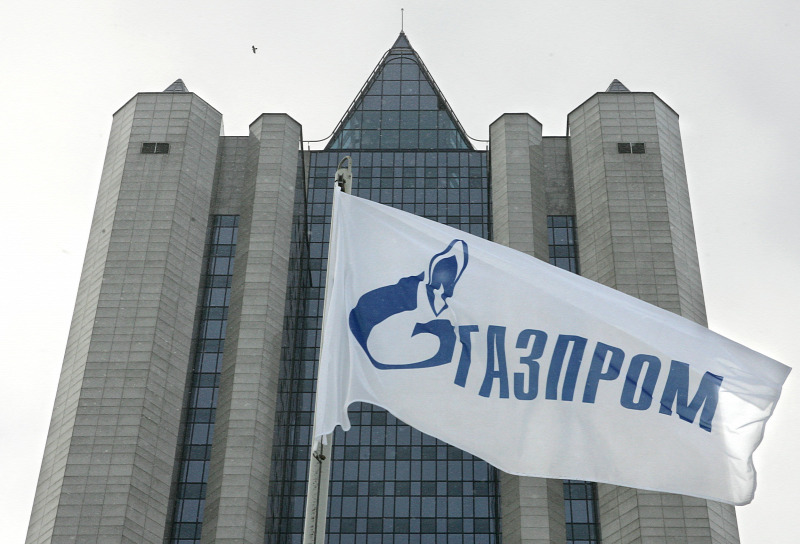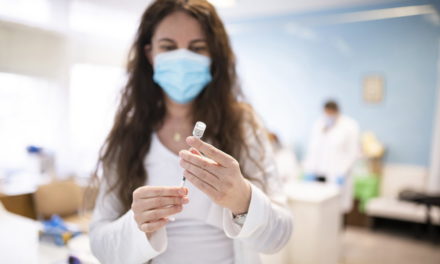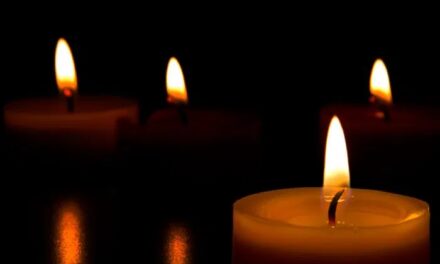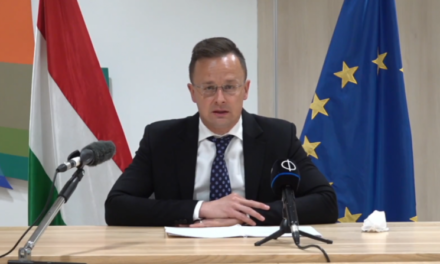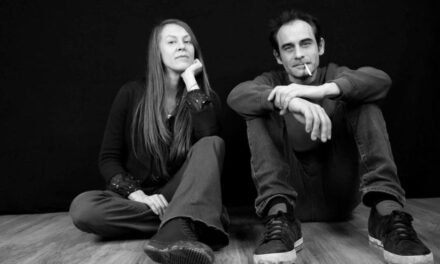The turbine of the Nord Stream 1 gas pipeline cannot be returned to Russia due to Western sanctions , Gazprom announced on Wednesday.
It is impossible to deliver the turbine repaired in Canada to the Portovaya compressor station of the Nord Stream 1 gas pipeline due to the Canadian, EU and British sanctions imposed on Russia, as well as Siemens' breach of contractual obligations, the Russian gas company announced on its Telegram channel.
Kremlin spokesman Dmitry Peskov confirmed on Wednesday that Russian President Vladimir Putin received former German Chancellor Gerhard Schröder in Moscow last week.
He said that Schröder, who was a member of the board of directors of the Russian oil company Rosneft until the end of May, expressed concern about the energy crisis unfolding in Europe and asked Putin to explain his position on the situation, who, among others, blamed Poland and Ukraine for the crisis.
According to the spokesperson, the former German Prime Minister did not indicate his intention to mediate in the case. According to Peskov, Schröder was the one who asked Putin whether Nord Stream 2 could theoretically transport gas to Europe in a crisis situation, that is, it was not the Russian president who initiated this, who said that technically it could be solved, that the pipeline was ready for immediate use.
The spokesperson said the conversation was recorded in case "someone decides to tamper with its content".
According to the spokesman, Putin also drew attention to the fact that
due to changed circumstances, half of the capacity of the second line is reserved for Russian consumption, that is, a maximum of 27.5 billion cubic meters could be transported on Nord Stream 2 until the end of the year.
According to Peskov, the parties also discussed the difficulties related to the return of the Nord Stream 1 turbines from maintenance.
Putin reminded that the turbine that was sent to Canada for maintenance is currently in Germany, but "doesn't have all the papers." According to the explanation given to Schöder, Siemens placed the entire project under British jurisdiction, and the service according to the current contracts is not performed by the headquarters of the German company, but by the British subsidiary of Siemens, based on British law.
According to Peskov, Gazprom, as the owner of the turbine, is therefore obliged to obtain documents stating that it is a non-sanctioned product, as well as submit documents on the technical condition of the equipment.
"At this time, to our knowledge, these documents are not available," the spokesman said.
He added that another turbine was also destroyed, and there were several other failures, which Gazprom is waiting to repair, but the British subsidiary is in no hurry to repair.
Peskov also expressed doubt that Canada would be interested in renewing Russian gas transport to Europe, because, as he said, it is also preparing to supply liquefied natural gas to this market.
German Chancellor Olaf Scholz announced on Wednesday that the maintenance of the turbine required for the Nord Stream 1 natural gas pipeline has been completed, so there is no technical obstacle for Russia to fulfill its obligations in the gas transport contracts.
German government spokesman Wolfgang Büchner said that the delivery of the engine to Russia does not require additional guarantees, as this unit is not subject to sanctions.
He added that Germany is ready to send the turbine to Russia.
The North Stream has been operating at about 20 percent of its capacity since July 27 due to the shutdown of two gas turbines.
One, manufactured by Siemens Energy in Canada, was sent to Montreal for repairs. Due to the Ottawa sanctions against Moscow, the manufacturer initially refused to return the equipment to Germany, but after numerous requests from Berlin, it did so.
At the end of July, Vitaly Markelov, deputy head of Gazprom, accused Siemens Energy of failing to fulfill its obligations to repair the failed engines of Nord Stream 1. As a result, only one turbine is operational at the Portovaja compressor station.
Source: origo.hu
Opening image: AFP/Yuri Kadobnov

